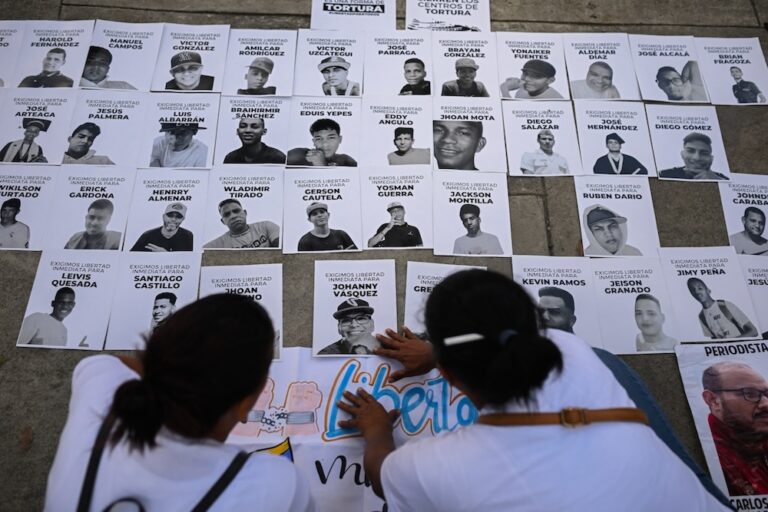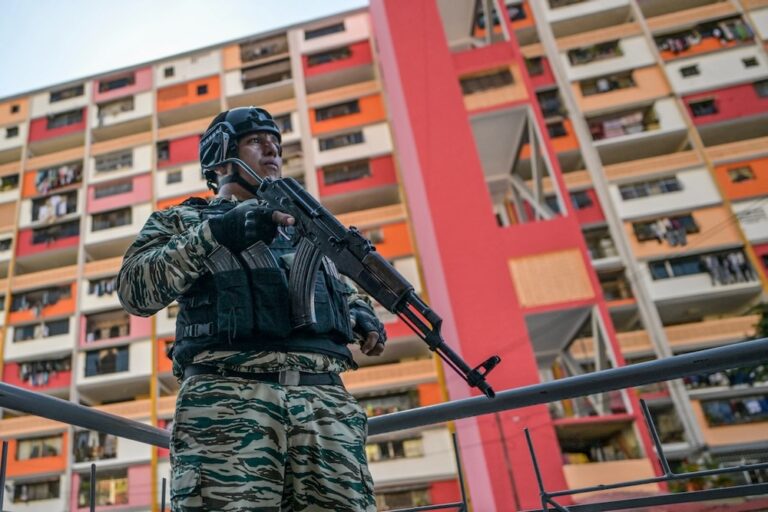On the one-year anniversary of the amendments to the law, ARTICLE 19's analysis concludes that the law places illegitimate restrictions on freedom of expression and information.
(ARTICLE 19/IFEX) – Caracas, 10 December 2011 – Ahead of the one-year anniversary of the amendments to Venezuela’s Law on Social Responsibilities on Radio, Television and Electronic Media, ARTICLE 19 has reviewed the law’s compliance with international freedom of expression standards. The analysis concludes that the law places illegitimate restrictions on freedom of expression and information.
The analysis finds that the law violates international law by requiring all media to broadcast a variety of mandatory content, including all government messages and speeches. It creates numerous regulatory bodies which are under the control of the government instead of independent bodies. It also creates new sanctions for a variety of vague offenses including “encouraging anxiety among the citizenry” and “disregarding legitimate authorities”. Finally, the law contains broad provisions for state control over the internet, with all electronic media being regulated in the same way as traditional broadcasting.
“The law contains vague prohibitions, places excessive restrictions on the internet and provides for harsh sanctions against broadcasters” said Paula Martins, Director of ARTICLE 19 South America. “Considering that Venezuela lacks an independent regulator to apply this particular law and other broadcasting related legislation, this creates fertile ground for political and economic interference of the media”.
The Law on Social Responsibilities on Radio, Television and Electronic Media was originally adopted in 2004 and has been controversial since its inception. The general purpose of the law is to “establish social responsibility” for all participants in the broadcast sector and “to set a balance between their duties, liberties and rights”. It was amended in December 2010 to broadly apply to electronic media, including the internet. The amendments went into effect in February 2011. Controversial since its inception, the law has been applauded by its supporters as modernising the country’s communication structure, and condemned by critics as a bare-faced attempt by the United Socialist Party of Venezuela (PSUV) ruling party to gain control over private broadcast media.
ARTICLE 19 urges the government to amend the law to include safeguards against arbitrary and disproportionate interference with broadcasters and the internet. In addition, the independence of broadcast regulatory bodies should be ensured and unclear internet content restrictions should be removed.


